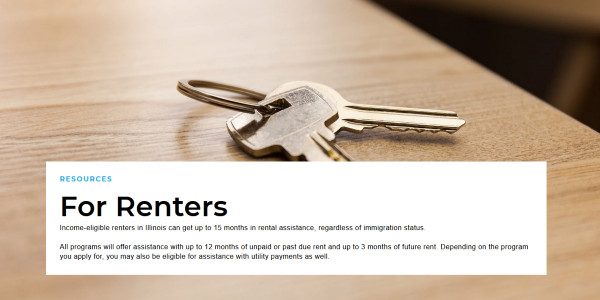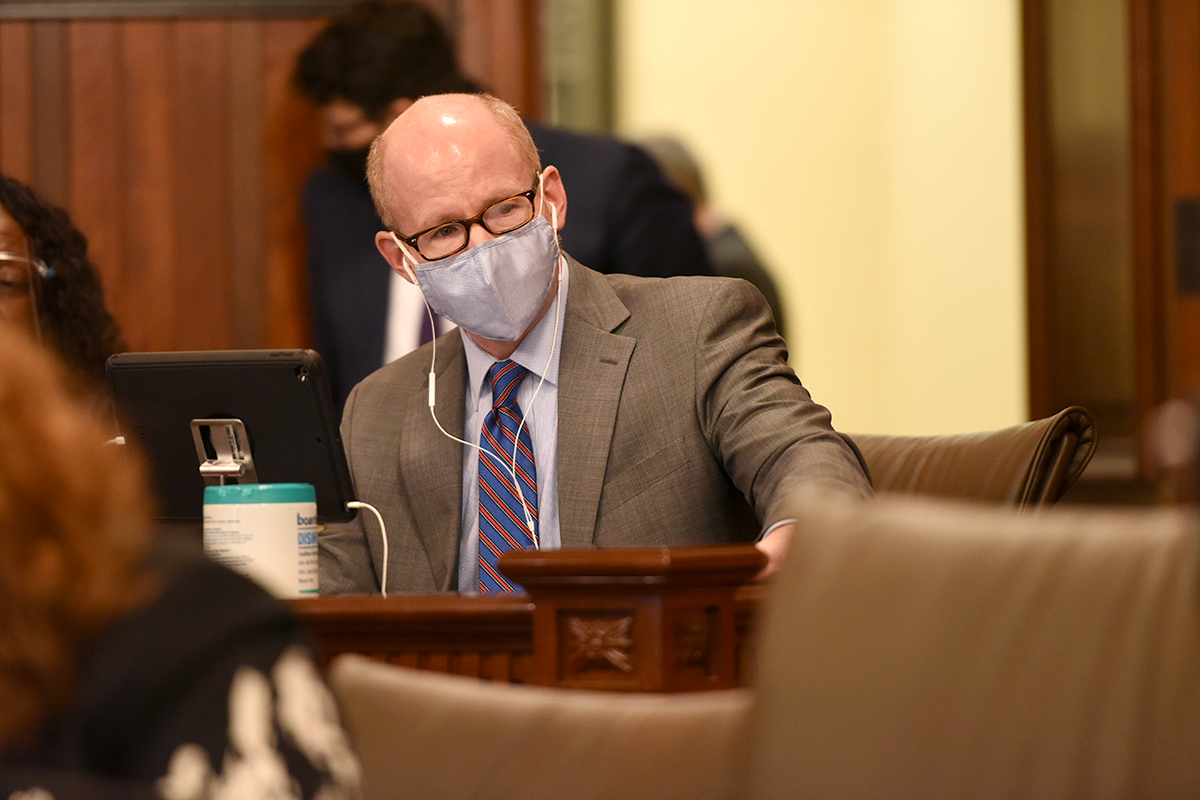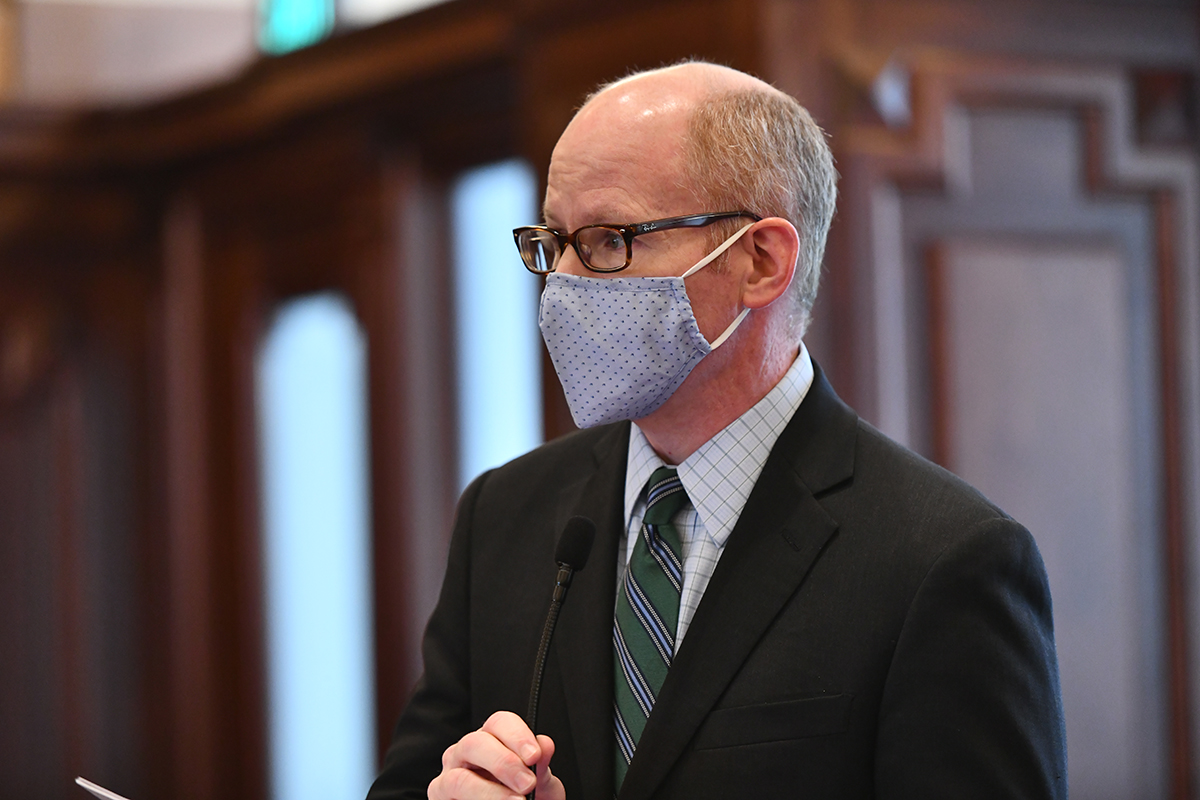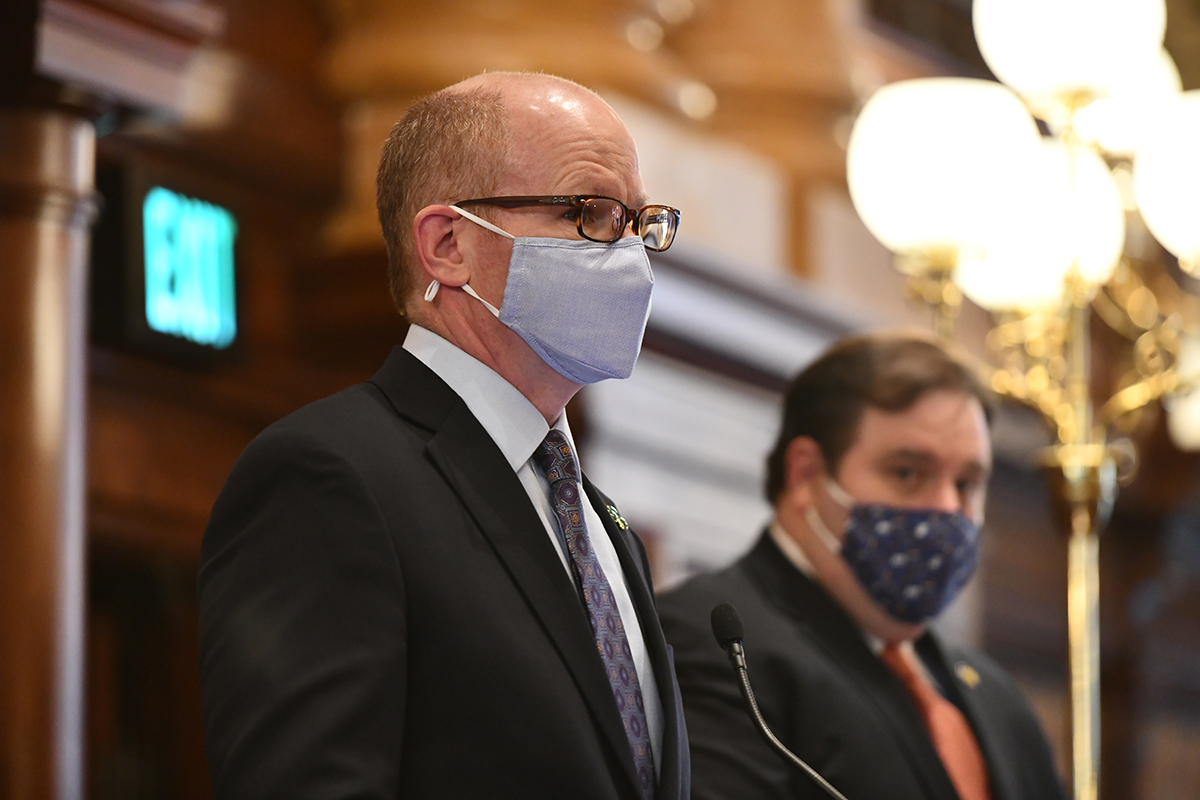Rental Assistance for Qualified Renters
- Details

Are you behind on rent or struggling to make payments due to the COVID-19 pandemic?
The Rental Assistance Program is here to help keep families stably housed, and ensure that tenants and Housing Providers/Landlords are financially secure to prevent a tide of evictions due to COVID-19.
If you are a renter whose primary residence is in Illinois and are behind on rent due to economic hardship caused by COVID-19, you may be eligible for up to 15 months of rental payments to cover back-rent owed from June 2020 through August 2021.
Visit https://www.illinoisrentalassistance.org/ to learn more.
IDHS also has programs to help with utility payments, assistance for landlords and legal aid for housing issues. Click here to learn more.
Harmon sets up talks on transitioning to fully elected Chicago school board
- Details

SPRINGFIELD — Illinois Senate President Don Harmon announced Friday he has asked colleagues to negotiate compromise legislation to transition Chicago Public Schools to a fully elected school board.
Here is President Harmon’s statement:
“I am fully committed to passing legislation this year to move to an elected, representative Chicago school board.
In order to set this in motion, I have asked the sponsors of the key proposals to sit down and come up with a plan that will guide this transition to a new era of leadership at Chicago Public Schools.
My recommendation is that these negotiations focus on starting with a fair, representative hybrid board composed of elected and appointed members that would ensure a reasonable and orderly transition to a fully elected school board.
Everyone involved in this issue has the best interests of the students, families, teachers and taxpayers at heart. If all are willing to compromise, I am confident that we are close to resolution.
I look forward to putting a plan to get us to a fully elected school board on the governor’s desk this session.”
President Harmon statement on Chauvin verdict
- Details

SPRINGFIELD — Senate President Don Harmon issued the following statement regarding the Derek Chauvin verdict.
“George Floyd’s murder reignited the fight for justice across this country in the never-ending hope that someday justice might be found.
This verdict will not undo the tragedy and suffering.
But it should serve as a historic marker in our ongoing work to build a just and equal society.”
Senate President applauds expanded vaccines, path to re-opening
- Details

SPRINGFIELD — Illinois Senate President Don Harmon welcomed news of expanded vaccine access and plans to re-open the state’s economy.
“We’ve made it to this point thanks to modern science and the personal sacrifices of people all across this state. You’ve followed the rules and kept each other safe until a vaccine was widely available. Thank you.
“I urge everyone to remain patient and vigilant as we head into what is hopefully the final phase of this horrible pandemic.”
More Articles …
Page 12 of 32





